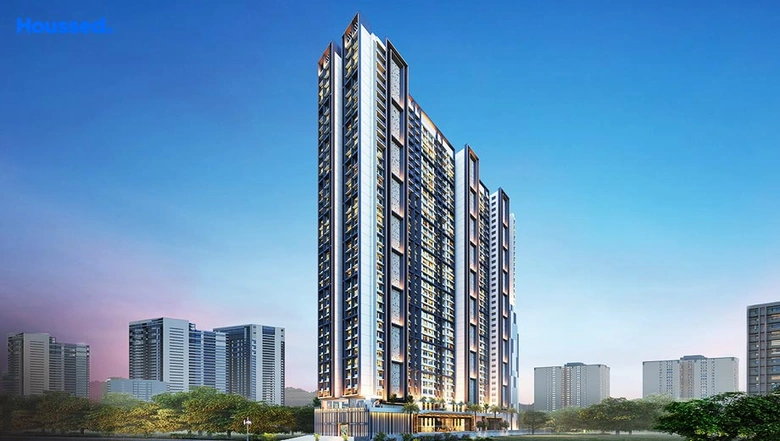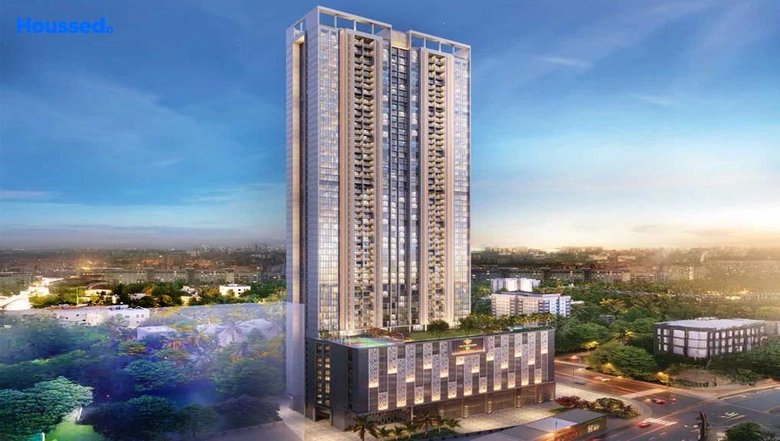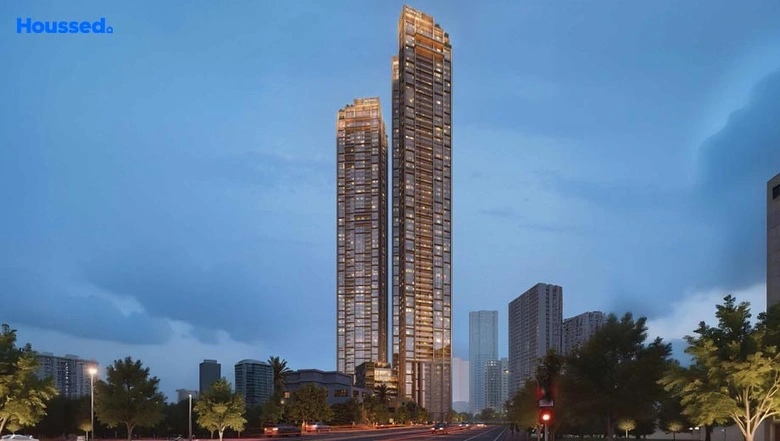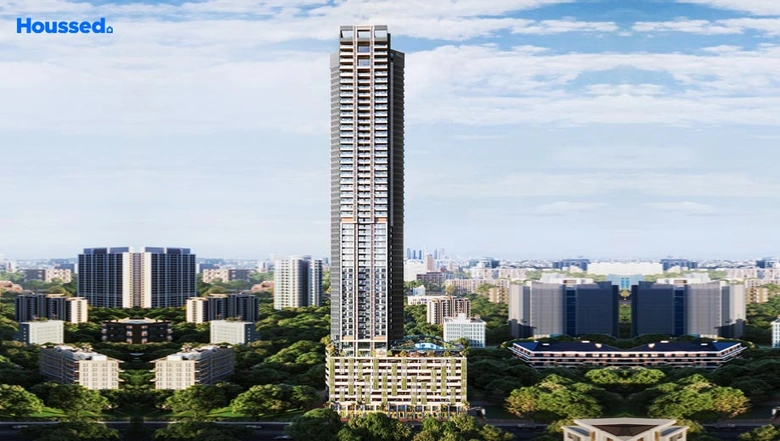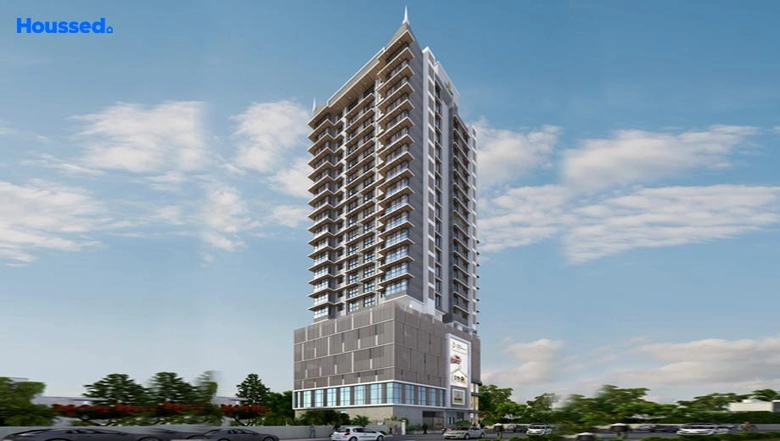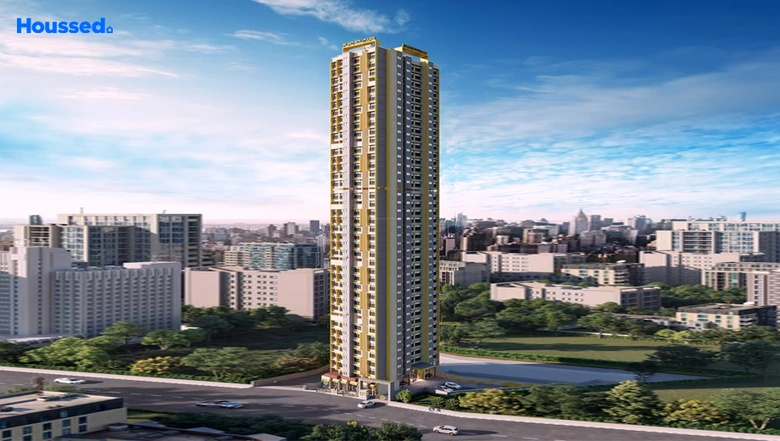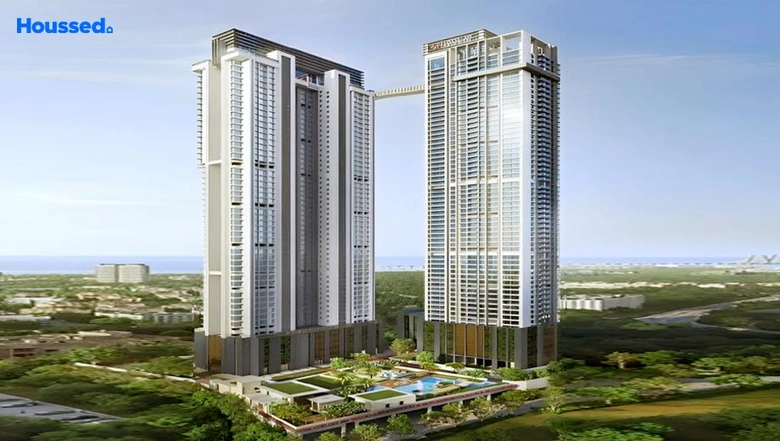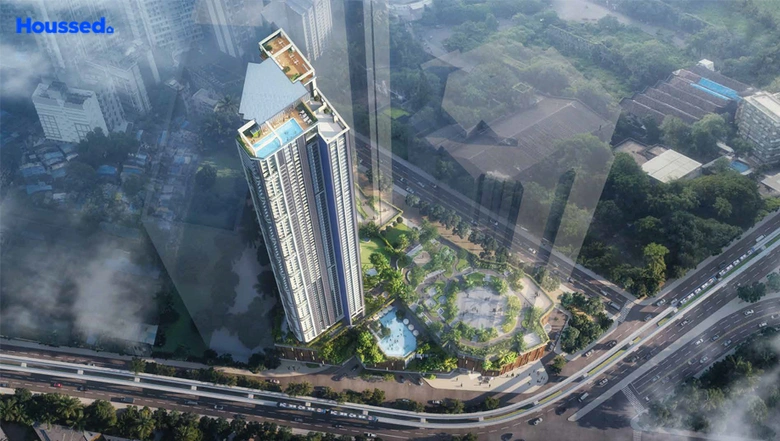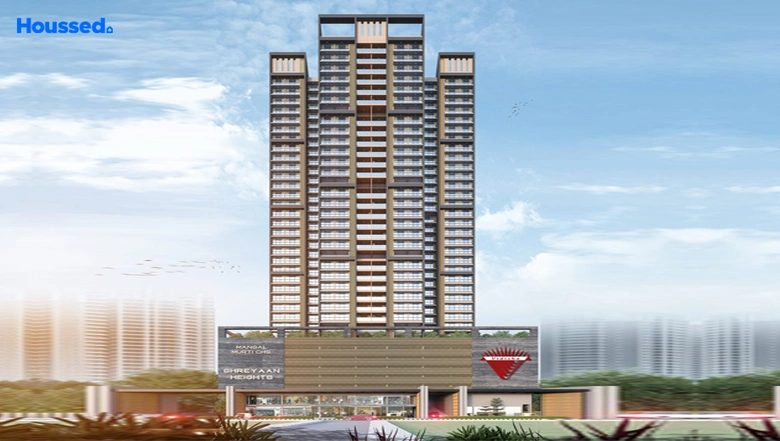Your Professional Guide to House Comparison Checklist
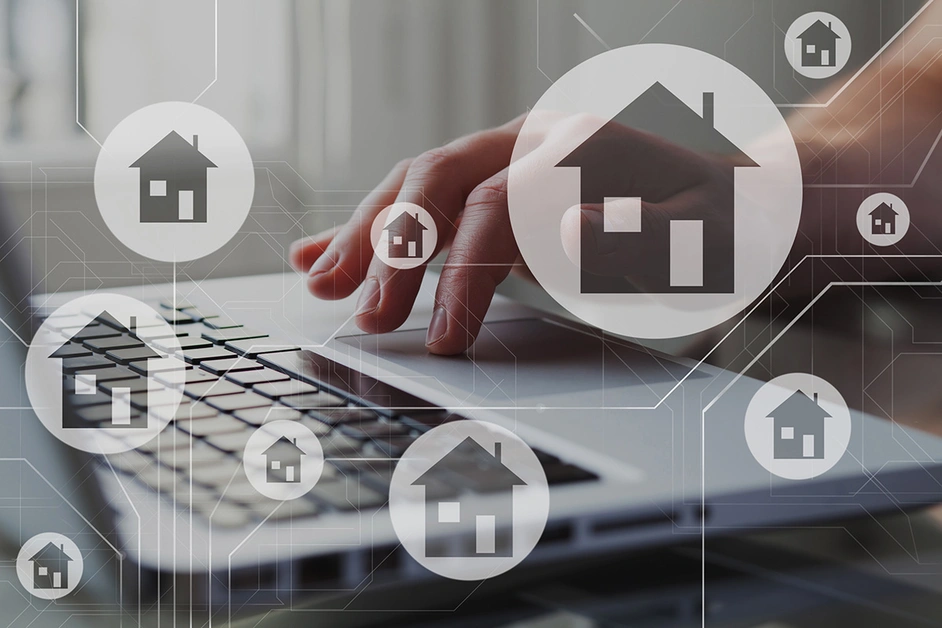
Before buying a house and sealing the deal, you should focus on some criteria. Here are some of the unbeatable checklist points.
Most people deem buying a house a primary goal in life. Homeownership offers durability and a sense of security and safety; for some, it is a crucial ritual into adulthood.
When pursuing the dream of home ownership, it is crucial to understand the many moving parts of the home buying process and protect yourself from the risk of becoming a "broken house" victim.
When it comes to buying a house, knowing how much you can spend can prevent heartache later. A great place to find out is through an independent financial adviser or ask your bank for advice. Once they help you determine what's affordable, they can help you get a mortgage, enabling you to shift your focus to discovering the perfect property.
Before you start looking for your next house, it is essential to have a buying checklist. This ultimate house buying checklist will enable you to cover all your bases.
Why is it crucial to create a checklist?
Understanding the difference between your wants and needs propels buying a home easier. So, it is essential to understand and state what you need from this home. Not only does it give you a sense of clarity, but it will also help you budget better.
If you're buying a home, chances are you already have a picture of what it should be like. From the space to the lighting style, you may have decided everything. However, not all of your requests can get considered needs, and they are usually your deep-down desires.
Understanding the difference is even more necessary when you're buying a home. If you've been looking around for homes to buy, you'll know that most homes don't have everything you want, and some may be too small, while others may have an inappropriate paint colour.
However, not all factors are equal, and if you are clear about the difference between your wants and needs, you can prioritise and buy a home that meets all your needs.
Every home is unique, and when you start looking at them one by one in a quick tour—like when you're buying a home—it's hard to get a clear picture of what you want from your home.
Here are some other benefits of starting your home search with a checklist of all your needs and wants.
- You'll save time because you'll only be interested in homes with what you want.
- It will help you budget for your new dream home.
- Protects you from fake sellers who don't deliver what you desire
- It keeps you and your partner on the same page
- It prevents wrong decisions when buying a new house.
Factors to consider when preparing a checklist
Here are some things you need to consider when writing a list of needs and wants. We prepared a list for you so you can save time.
House Budget
One of the most important things to consider when buying your dream home is your finances. Estimating the value of the house you need is a great way to start your search, and budgeting will help you determine the average price of your dream home.
With a fixed budget, it will be easy to avoid homes over your budget and focus on those within your budget.
Location of the house
When buying a home, you should find out if the house is easily accessible. Homes with poor accessibility will give you trouble. Is the home close enough to your workplace?
If you have school-going children, you should consider whether there is a good school nearby. Or maybe you travel a lot. Is it close enough to airports? You also need to consider crime rates and other safety issues.
The house's location is highly crucial, and it is always a good idea to take some time to assess the location of your new home.
House size
Whether it is big or small, the size of the house you need to buy depends on the size of your family. You should buy a house with enough space for your whole family, and a larger family needs a larger area with plenty of bedrooms, bathrooms and living areas.
Here are a few things you should consider before creating a checklist
- Home amenities such as a play area for kids, lawn, swimming pools
- Home decorations such as paint colour and floor type
- Outdoor features such as house terraces
What to add to your home comparison checklist?
Let us discuss things you should look for when searching for a perfect home.
Goodwill to the builder and the overall brand
Before buying a property, it is crucial to look at the builder's profile and overall history. How many projects has he already delivered? How much delay was there?
Go to the construction company's website and check old and ongoing projects. Explore the internet with the previous name of the project, and you should be able to find some crucial information about it. See what people are saying about the builder and the property.
Connecting to your workplace
An essential parameter to consider before buying a property is the distance between your workplace and the property. You have to go on that way every day, and a property 3 km away from your workplace is very appealing to a property 12 km from your workplace. Long distances can mean increased commute expenses, exorbitant fuel costs, wasted travel time, and daily frustration and burnout for years to come.
Connection with schools, hospitals, transport, markets etc
You should check the nearby localities like how far the property is from schools, colleges, hospitals, markets, shopping places and bus/railway stations. It shouldn't be that you save money on the property but then spend it on your children's daily commute to school. Admission to other significant places is also very crucial.
Potential for resale in the future
When we buy a property, we are attached to it and think that we will live there for the next few decades, but no one knows when, for various reasons, you will pack your bags and move somewhere else again.
If at a point, you realise that the property was right for you but not for someone else, that will be an extremely bad situation. So you also have to consider the "sale" potential of the property you buy. Will the property appeal to someone else? Think about it again.
For example, you may be looking at a property with shared parking, but what about the future when it comes to the sale? Everyone you approach for selling wants a dedicated undercover car park.
Also, most people who buy construction properties are far from The Capital. So, it is necessary to check future developments in the area. Find out what roads, flyovers, future development plans, proposed malls, and other things could come up in the next 4-6 years. Planning can be done if the place is not yet adequately connected.
Rental potential
Many times people rent out their property and move elsewhere. If at that moment, you realise that the property is not so attractive from a rental point of view, you will regret your decision. It does not mean that this will be the deciding factor in your decision, but still keep it in mind and only look at the property from that point of view.
If the property is near colleges, centrally located, or commercial places, you will never face problems finding people to rent your property.
Air and lighting
Air and lighting are something that will determine your daily life experience. Your apartment should have sufficient lighting (natural light) and proper air. You should also check how the air flows from different angles. In my current apartment, the way the wind flows is amazing. So when you look at the property, check whether some other buildings are blocking the air and light or not. Which side of the terrace or balcony faces outside?
Facilities Offered
You should also check what amenities you get with the property. Some standard amenities include a clubhouse, parking, elevator, backup power, swimming pool, and a gym are some of the amenities.
Now, you may be an ordinary person who wants the bare minimum, but if you want to ensure that the property has very good resale potential, you might want to look at these things. After all, all these things will matter to you or the people associated with you, and if not to anyone, maybe the next buyer from you will look at all this.
Quality of construction
When you look at properties, check the quality of the construction. By that, we mean check the walls, their overall look and feel, how the finish gets done, does it look premium like it's coming out very soon.
Check the wiring, fitting, quality of tiling, etc. If it is a project under construction, the only option you have is to search the internet for information about the builder and his experience with the project and what previous buyers have to say about him.
Just google the builder's name or any previous project name along with the words "+ construction quality", and you should be able to get some ideas, like this project in (state name).
Condition of roads in the vicinity of the property
You sometimes see one property that was a bit inside the main road. The road was not straight but winding and not so wide. It was an internal road and not the main road, so there was no potential for getting a better road in the future. Travelling the same way every day will frustrate you in the long run, but it doesn't have to be every day. So when you look at any property, check the overall road condition east of the project.
Location and type of people living in the area
You should also check the general location and who all lives nearby.
Ask yourself these questions:
- Are you ok there?
- Will your family be ok?
- Will it be safe nearby?
- Will your wife/mother be able to go for a walk for an hour if they wish?
Conclusion
Buying is a step to unwinding the next phase of your life. If you look at the parameters mentioned, it can be a great reference point for comparing two or more properties and figuring out which one to prefer over another.
You can close on your home when your due diligence is complete and your lender has approved your loan financing. It means that the money will get exchanged, and the deed will now be transferred from the seller to you. You now officially own the house, and a company or real estate attorney can close and record the transaction.
There are many moving parts to consider when you are looking to buy a house. Once you understand these basics, you'll be in an excellent position to assess your credit, apply for a loan, and successfully navigate the actual home buying process. The road to homeownership can seem tiring, but with this buying a house checklist, you'll be in control and homeowner in no time.
